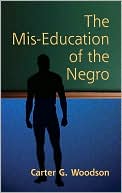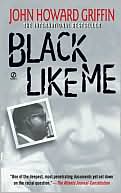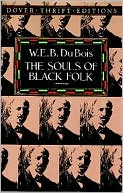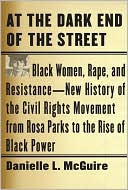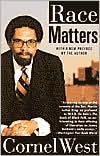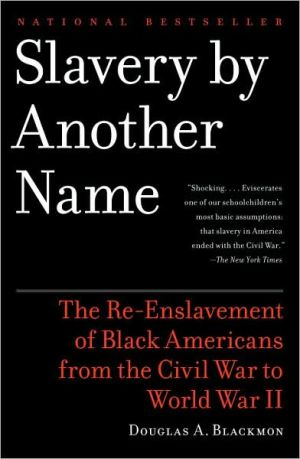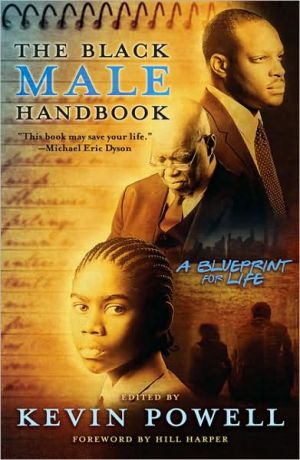The Mis-Education of the Negro
Search in google:
Originally released in 1933, The Mis-Education of the Negro continues to resonate today, raising questions that readers are still trying to answer. The impact of slavery on the Black psyche is explored and questions are raised about our education system, such as what and who African Americans are educated for, the difference between education and training, and which of these African Americans are receiving. Woodson provides solutions to these challenges, but these require more study, discipline, and an Afrocentric worldview. This new edition contains a biographical profile of the author, a new introduction, and study questions.Sacred FireCarter G. Woodson has been called the Father of Modern Black History. He was a central, commanding figure in the study, writing, and teaching of African American history and the first historian to successfully use sound scholarship to refute the prevailing myths and racist views about black Americans and their history. Among his contributions to American life is Black History Month (originally dubbed Negro History Week), which Woodson established to promote the study of African American history. Woodson's 205-page monograph, The Mis-education of tbe Negro, reflects his profound concern for setting the record straight. His thesis, as outlined in his Preface, could well apply today: "The so-called modern education, with all its defects, however, does others so much more good than it does the Negro, because it has been worked out in conformity to the needs of those who have enslaved and oppressed weaker people." He was concerned with the way African American identity had been warped by racist approaches to history and education; he foresaw the ways that such a warped history would be internalized by black students who would never know of the achievements of their forebears, only of their humiliations and sufferings. In the book's eighteen chapters, Woodson presents a systematic critique of the education system and offers a plan for change that would create a system that informs black students about their own history and addresses their unique challenges. The current proliferation of African American studies programs, Afrocentric schools, and multicultural curricula all bear Woodson's stamp. Still, Mis-education remains a biting indictment of a public school system whose promise of education of the masses has still been left sadly unfulfilled.
